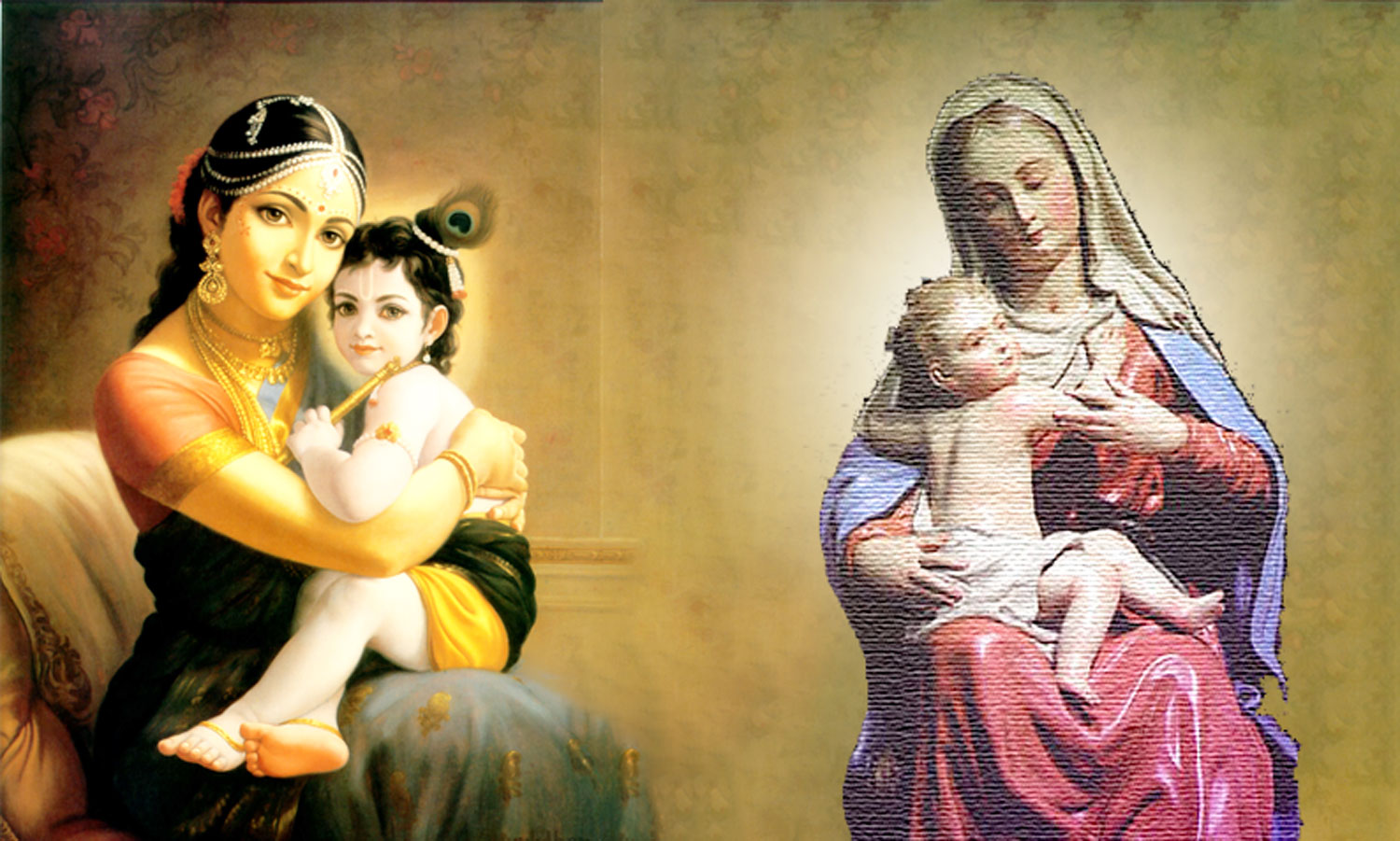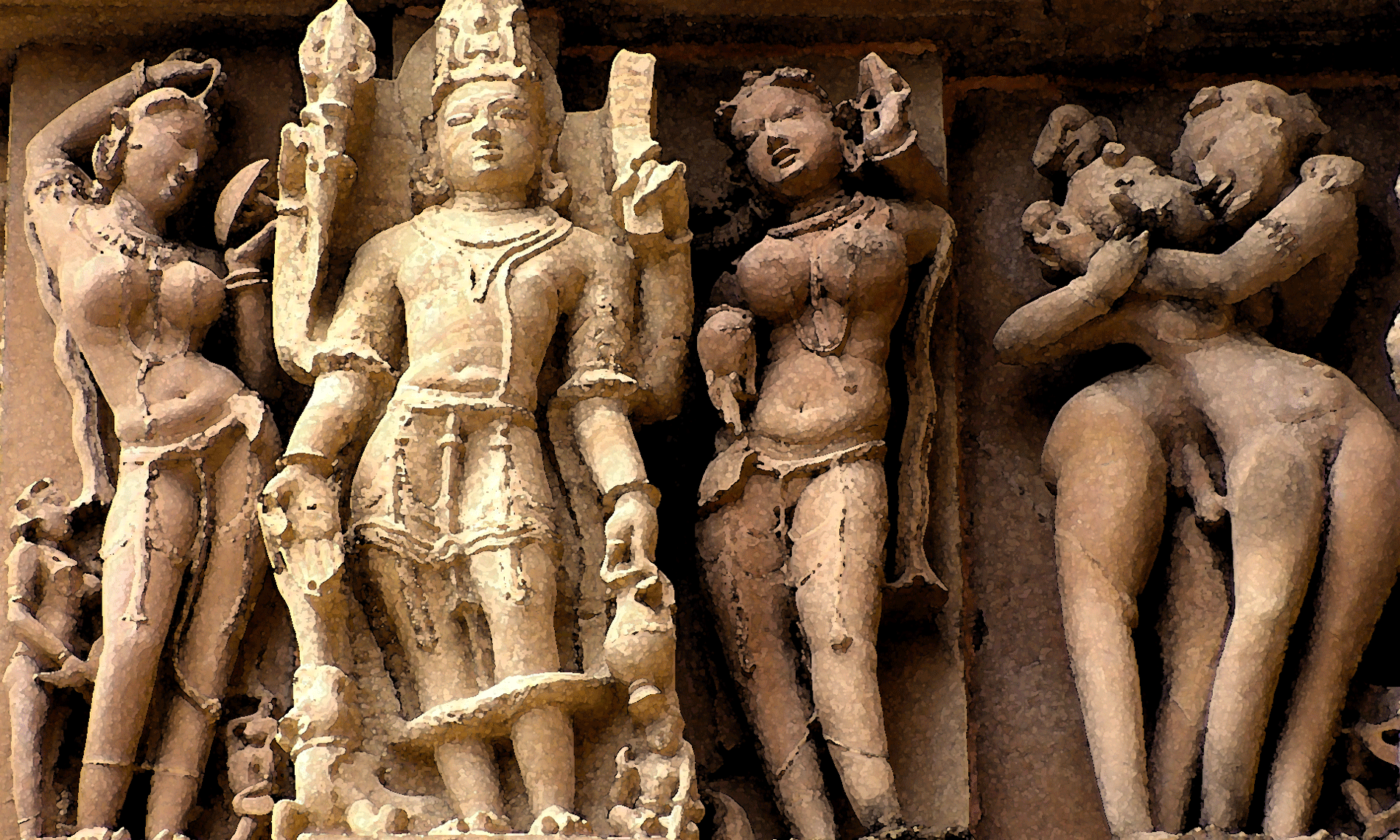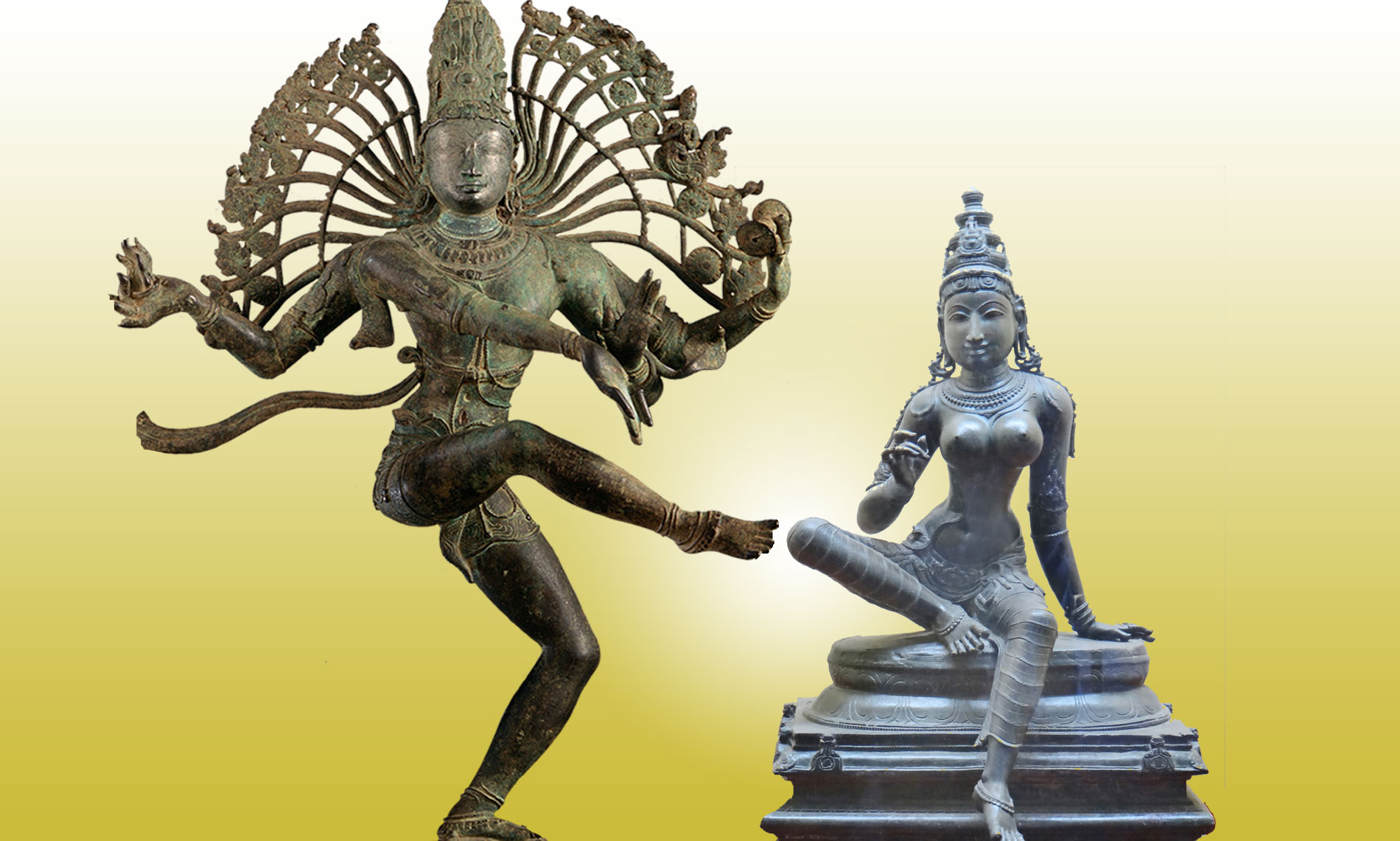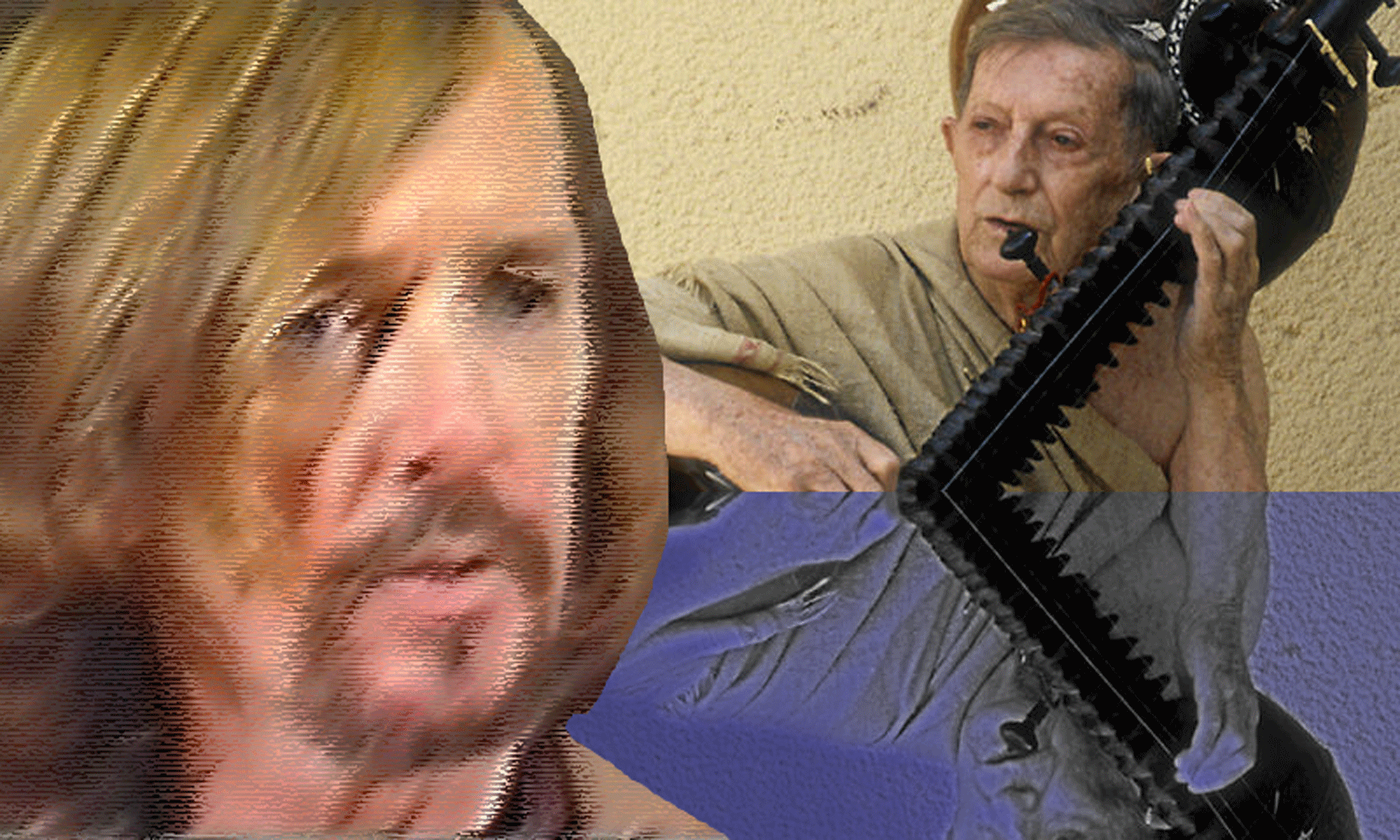
This time, the Indianist Alain Daniélou revisits the religious myths of the West to show the heritage common to archaic Indian culture and to ours. His feeling of being the only one to see the truth beyond appearances has always been mine, which is why I have a particular affection for this sage in whom I had found a model.
Nothing original
In this world which prided itself on having invented everything, I saw nothing original, but only misunderstood snippets of older knowledge, and I was surprised by the inconsiderate use, prohibited in all societies. traditional, knowledge of ways of life, intellectual and moral tyrannies, which can only lead to the destruction of man. (source)Alain Daniélou, Mythes et Dieux de l’Inde, Le polythéisme hindou, avant-propos
Nothing original? Misunderstood snippets of older knowledge? Without hesitation I could sign these words which go straight to my heart. What astonishing? Daniélou like myself are the children of our studies, which mainly focused on myths, particularly religious ones.
It is true that Daniélou never recovered from the shock caused to him by the first contact with the land of contrasts that was India and the encounter with primitive Shaivism. He therefore tends to reduce everything to Hinduism. I too experienced the same shock, but I did not succumb to it. I have kept my distance from Hinduism, whose sacred corpus certainly contains a prodigious mass of useful information, but which cannot claim exclusivity as a primordial source. All archaic cultures seem to have undergone the same influence, powerful and lasting. It is in my opinion that of the former gods. I will come back to that.

The origin of myths
The origin and the reason for being of the myths, the rites, the beliefs appeared obvious to me but no one seemed to have the least notion of their meaning. (source)Alain Daniélou, Mythes et Dieux de l’Inde, Le polythéisme hindou, avant-propos
I totally agree, except on the origin of the myths. Daniélou ignored what seems obvious to me, but the times are not the same, and our knowledge has greatly increased over the past fifty years. But it would have been better inspired to reread the classics of the Western tradition – Saint Yves d’Alveydre, Papus, Fabre d’Olivet, Helena Blavatski, Rudolf Steiner, René Guénon and many others. They could have given him some info that he lacks.
Why must the Savior, incarnation of Vishnu for a given region and time, be born in a cave, why must an ox, a sacred animal, and a donkey, an unclean animal, be near him, why a virgin mother, why three kings and why shepherds, why a star. In this sacred and eternal mystery, which any Brahmin child can explain, Christians see nothing but folklore. A large part of the stories that make up the life of Jesus do moreover only repeat those of the child Krishna or of Shiva-Dionysos.
As Leopold von Schroeder noted, (source)Pythagoras und die Inder, by Schroeder almost all the philosophical or mathematical doctrines attributed to Pythagoras are derived from the Sankhya. We also find the fundamental concepts of Sankhya in Anaximander, Heraclitus, Empedocles, Anaxagoras, Democritus and Epicurus. (source)Alain Daniélou, Mythes et Dieux de l’Inde, Le polythéisme hindou, avant-propos
Learning does not teach intelligence. Otherwise, it would have instructed Hesiod and Pythagoras.
I said elsewhere what I thought of Pythagoras, a very sad fellow that one of my avatars knew personally, who was a source of great suffering. So much for moral behavior. As for his philosophy, his theorem and other borrowings, Daniélou is absolutely right. Pythagoras did not invent anything, but took everything up in writings very prior to his time … and not just writings from India. But for his foresight, the great Greek philosopher remains unmatched.
But as for you, initiated into the sacred mysteries, take confidence because divine is of origin the race of the mortals and with those who know how to awaken in their soul the divine which slumbers there, nature reveals all things.
Unfortunately, although he read it and reread it, Daniélou did not click on this first hand info. Just as he did not believe the author of Kamasutra which evokes the same divine origin. The famous Indianist remained convinced throughout his life that India had invented everything, discovered everything, explained everything, and that Western thought owed it almost everything. It is counting without the Druidic universities, of which Pythagoras nevertheless knew how to recognize the importance … of course!
The Druids were the most learned men of the world.
Daniélou, like me, was familiar with excess. This, no doubt, was able to earn him several enmities in the intellectual sphere of his time.
The Indian influences on the thought of the Gnostics, the Neo-Platonists as well as on the Gospel of Saint John are generally recognized. The Apocalypse is an adaptation of the Bavishya Purana. There were Hindu settlements on the Upper Euphrates long before the Christian era, and it was only in AD 304 that Saint Gregory destroyed their temples and shattered their images.
The infant Jesus and the infant Krisna
Saint John and Christianity take it for their rank. It’s only justice. I applaud with both hands, today if I have to. After these relevant settling of scores, Daniélou tempers his verve. Not enough, however. Can do better. But these texts date back 40 years or more. Which should prompt me to indulge. Despite our very small differences, he will remain a major author in my portable pantheon.
“A large part of the stories that make up the life of Jesus do moreover only repeat those of the child Krishna or of Shiva-Dionysus.” Of course. Mother and child reunion (listen), Isis and Horus, umpteenth avatar of Mother Goddess, the nursing mother, eternal ritornello, eternal female, everlasting woman, what am I involved in? It will be noted that Daniélou has already made the amalgamation between Dionysos and Shiva, showing they are one and the same character.
We have seen in Daniélou a hedonist who reduces the cult of the lingam to that of the phallus and the holy sexual embrace, yoni-lingam, but his vision agrees with Kamasutra as with the erotic, even obscene, sculptures exhibited all the archaic temples of India, Cambodia and other surrounding countries. It is true that Anglo-Saxon Puritanism struggles with pleasure, which in all cases deems obscene and shocking.

However, his admiration for India does not blind Daniélou. He knows that Indian wisdom was shared well beyond his geographical space and he is right to remind his contemporaries who swore only by Greece and Rome. If the influence of India was major in the distant antiquity, Daniélou adds a caveat: “it would however be inaccurate to believe that it was in all cases only the influence of a philosophy of Indian origin.This was the rediscovery of a knowledge that had been common to India and the Mediterranean countries before the disaster caused by the northern invasions, and it was only natural that one turned to India which only one had known how to preserve all or almost this common heritage.” (source)Alain Daniélou, Mythes et Dieux de l’Inde, Le polythéisme hindou, avant-propos
Daniélou forgets that this ancient knowledge was common to most archaic cultures. He ignores in particular the role of Celtic druid Ram, heir to the gods of Hyperborea, which is how he aligns himself with knowledgeor ignorance? of his time. I am once again surprised that this steadfast supporter of tradition has ignored esotericism and the primordial Western tradition. He would have found there the correspondences that he underlines between the Mediterranean Sea and India. The Hyperborean culture was transmitted to the various archaic cultures by the former gods, brilliant terraformers of our planet, first educators of all peoples.
Hindu polytheism
Others could reproach Daniélou for having distorted the teachings he received. I refuse to enter into this controversy which seems suspicious to me, as if its detractors wanted to adorn themselves with peacock feathers. Certain online encyclopedia describes him jealous of the notoriety of his brother, Cardinal Jean Daniélou, who died in the arms of a sex worker whom he had no doubt come to evangelize. Sordid insinuation. As for the substance of his message, I could also read that he brought Hinduism back to an outdated polytheism, an idolatrous religion, which is exactly the opposite of his teaching.
It is clearly expressed by the mouth of a young Shaivite Indian. “You modern people think yourselves very intelligent but you do not have the intuition of subtle things. Your desire not to believe is coarser, more material than the beliefs you are protesting against. In fact, you are. the true ones, the only idolaters, for you alone, in your world upside down, are unable to see in the beliefs of others anything other than the veneration of gross objects. It is the development of your own thought that is stopped at the stage of superstition, since you do not know how to understand or see anything else.
It is you alone, in fact, who invented idolatry, for no one other than you has ever known such a ridiculous conception. You see it everywhere because, deep down, it’s the only thing you can understand. Because you yourselves are incapable of worshiping anything other than matter, than the most superficial aspect of appearances, you still believe that others are like you.
We, whom you like to represent as savages, know that the world we perceive is only a small part of the world around us. And when we believe that certain beings, certain trees, certain animal species have extensions in the invisible, represent a tangible aspect of universal energies necessary for the balance of life, we are closer to reality than you who deny everything what is beyond you.” (source)Alain Daniélou, Le bétail des dieux, 1962

What more can be said ? This reaction, both moderate and fierce, says a lot about what Daniélou really thinks of Hinduism. And this time, I am totally united. Even if the rejection of the excesses of Hinduism, supported by Jiddu Krishnamurti, also has my full support. Nothing is neither white nor black. The truth lives in the palace of shades.


